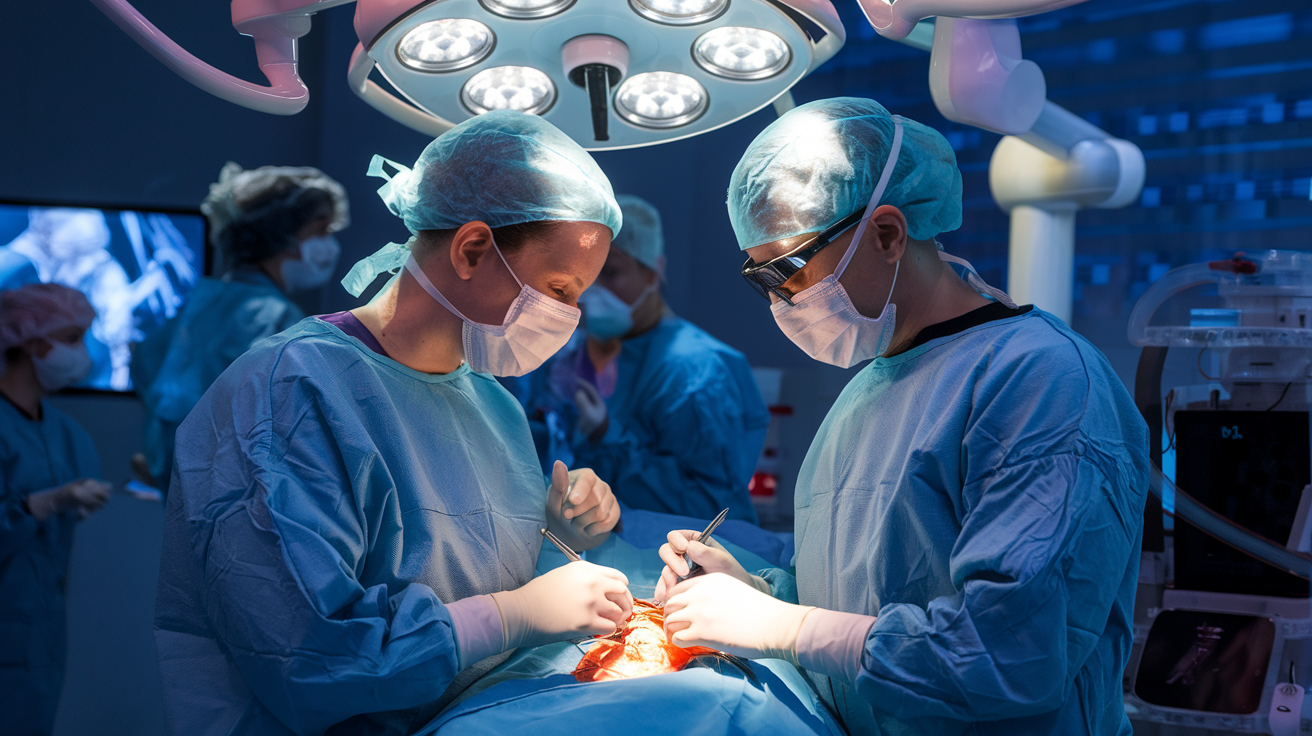

The landscape of surgical robotics has witnessed a pioneering development with surgical robots now capable of learning tasks by watching videos. This unprecedented achievement marks a significant leap in the integration of artificial intelligence and automation in medical processes, aligning with Jengu.ai's commitment to advancing technology in these domains.
Traditionally reliant on human programming and manual operation, surgical robots are now entering a new era of machine learning and artificial intelligence. This transformation is enabled by complex algorithms, allowing robots to mimic real-world surgical procedures demonstrated in video formats. Such technological advances enhance robots' ability to perform intricate operations with precision and consistency.
The concept of learning by observation, a key focus in AI and automation, is revolutionized through this development. By analyzing video footage of surgical techniques, robots can autonomously acquire knowledge, reduce error rates, and optimize performance in operating rooms.
"This breakthrough aligns with the broader trend of machines learning from unstructured data, bringing us closer to a future where AI-driven tools will be integral in surgery," commented an expert at Jengu.ai.
The adoption of video-based learning in surgical robots not only streamlines surgical procedures but also paves the way for more reliable and efficient healthcare solutions. Medical professionals stand to benefit from reduced workloads, enabling them to focus on more complex and demanding aspects of patient care.
As these advancements continue to evolve, experts anticipate a future where surgical robots are commonplace in operating rooms worldwide. This technology promises to bring about enhanced surgical outcomes and elevated standards in medical practices globally.
"Our collaboration and expertise in AI and process mapping continue to drive innovation in healthcare, enhancing both robotic capabilities and patient outcomes," reflects Jengu.ai.
This pioneering step forward reaffirms the transformative power of AI and automation in modern medicine, underscoring Jengu.ai's pivotal role in leading these technological advancements.
```